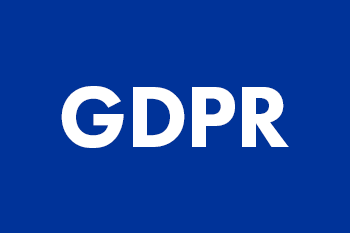For the vision statement and accompanying aims ImROC has chosen to use the key terminology of ‘equity’ and ‘inclusion’.
‘Equity‘ has been chosen as opposed to a term such as ‘equality’ as it refers to the balancing of historic and systemic legacies that continue to influence the day-to-day. These issues go deeper than the interpersonal and so they cannot be resolved through attempting to balance the scales and to provide the same opportunities for everybody (as would be suggested by the term ‘equality’). Equity recognises that everyone comes from a different background and starting point in life with varying privilege, challenges, and support needs. As such, the responsive action taken to redress these inequities needs to be tailored and unique to each individual situation, and many initiatives must go beyond supporting the individual and instead target the unquestioned norms and practices upheld by the dominant culture and institutions.
‘Inclusion‘, in the context of the field of equity and inclusion, is frequently used to refer to the idea of welcoming those to the table who have been marginalised and previously excluded. In this sense, it looks beyond the surface level differences in culture and characteristics that individuals may share/not share, and considers how welcome people are to bring their authentic selves into a space. However, we need to be aware that inclusion can be a problematic term at times. This is because, by definition, it means, ‘to contain…or to make something part of something else’. By extending this definition to equity, diversity, and inclusion work, it can present a trap that marginalised groups are being permitted into spaces from which they were traditionally excluded, but on the terms and conditions of the dominant group.
The reason this term has been chosen is because in the UK, where ImROC was founded and predominantly functions, ‘inclusion’ is widely used and understood (at time of writing) in its meaning. Equity and inclusion work needs to be accessible or else it is self-defeating and serves only to reinforce the same traditional power hierarchies that have disproportionately benefitted the elite few. As such, when this word is used within ImROC’s aims and goals, it is used with the caveat that ‘inclusion’ cannot contingent upon one individual’s/group’s terms and conditions. Inclusion must refer to the work to welcome and foster agency in groups which have been traditionally marginalised. It should mean to collaborate and meet halfway, and should demonstrate a mutual and reciprocal commitment to the cause whereby both groups respect and learn from their shared differences.

